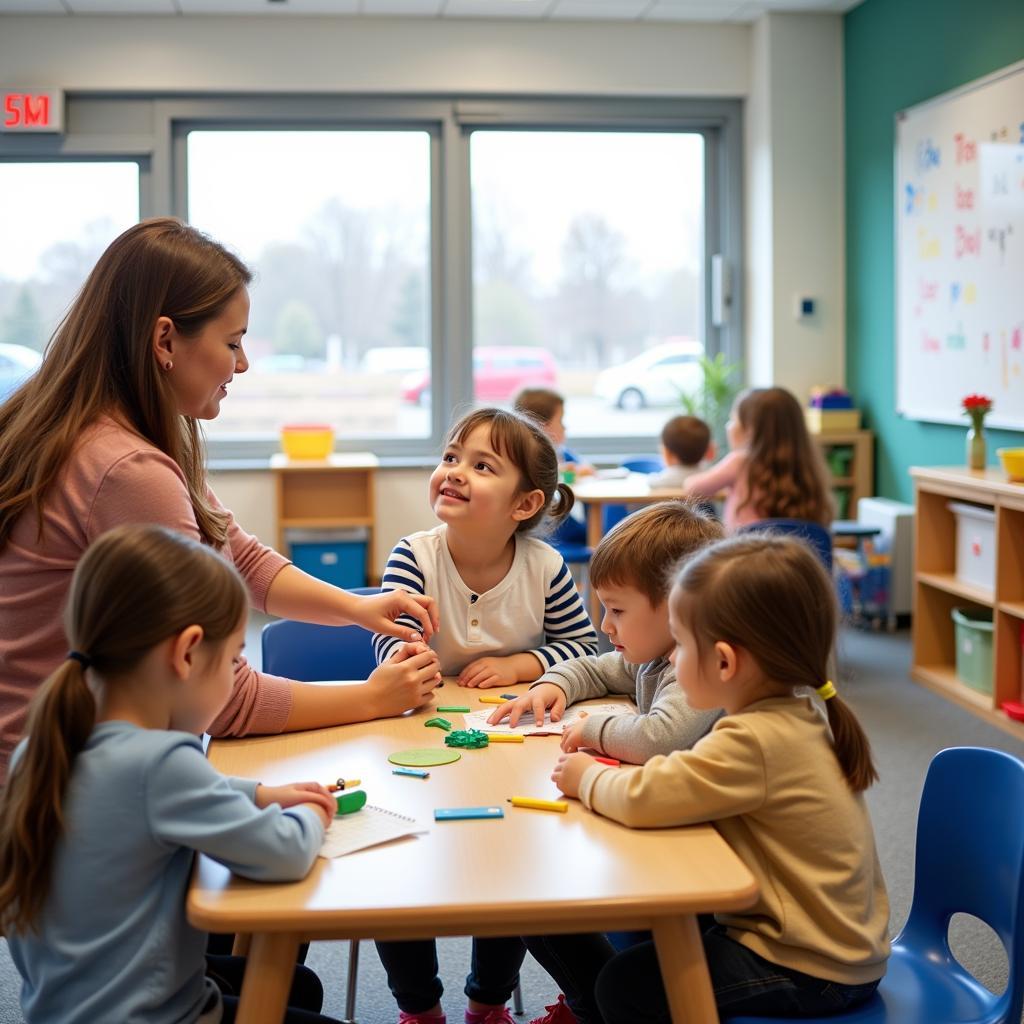Early childhood education has become an increasingly prevalent topic in IELTS Writing Task 2 examinations, appearing in various forms across different test versions. Based on analysis of past papers and current trends, questions about importance of early childhood education for lifelong learning have appeared approximately 3-4 times annually since 2019.

Sample Question Analysis
Some people believe that children should begin their formal education at a very early age and should spend most of their time on school studies. Others believe that young children should spend most of their time playing. Discuss both views and give your own opinion.
This question requires candidates to:
- Examine both perspectives on early childhood education
- Present balanced arguments
- Provide a clear personal stance
- Support ideas with relevant examples
Band 8.5 Sample Essay
Early childhood education timing has sparked considerable debate, with some advocating for early academic focus while others champion play-based learning. This essay will examine both viewpoints before presenting my own perspective.
Those who support early formal education argue that it provides children with a strong academic foundation. By starting structured learning at an early age, children can develop essential skills like reading, writing, and mathematical thinking before their peers, potentially giving them an academic advantage. This approach is particularly popular in countries like China and South Korea, where The importance of early childhood intervention programs has shown measurable results in academic achievement.
Conversely, proponents of play-based learning emphasize its crucial role in child development. Through play, children naturally develop social skills, creativity, and problem-solving abilities. Additionally, the role of technology in modern education has shown that interactive learning through play can be equally effective in developing cognitive skills.
In my opinion, a balanced approach combining both structured learning and play is optimal. While formal education provides necessary academic foundations, play remains essential for holistic development. The key lies in implementing age-appropriate learning methods that incorporate both elements.
Band 6.5 Sample Essay
Nowadays, people have different opinions about when children should start their education. Some think they should start very early, but others say playing is more important. I will discuss both ideas.
Some parents want their children to start studying early because they think it helps them do better in school. They believe that learning things like reading and math early will make their children smarter. Also, many parents worry about importance of affordable childcare for working parents and think early education is good for this.
However, other people think children should play more when they are young. They say playing helps children make friends and be creative. Playing also helps children stay healthy, which connects to the importance of physical education in combating childhood obesity.
I think both studying and playing are important for children. They need to learn basic things but also need time to play and have fun. Schools should try to do both things together.
Key Vocabulary
- holistic development (n.) /həʊˈlɪstɪk/ – complete development of a person
- cognitive skills (n.) /ˈkɒɡnətɪv/ – abilities related to thinking and understanding
- academic foundation (n.) /ækəˈdemɪk/ – basic educational knowledge
- structured learning (n.) /ˈstrʌktʃəd/ – organized educational activities
- play-based learning (n.) /pleɪ beɪst/ – education through games and activities
Conclusion
Understanding early childhood education’s role in skill development remains crucial for IELTS success. Practice writing similar essays on related topics like:
- The balance between traditional and modern teaching methods in early education
- The role of parents versus teachers in early childhood development
- The impact of technology on early childhood education
Share your practice essays in the comments section for feedback and improvement suggestions.